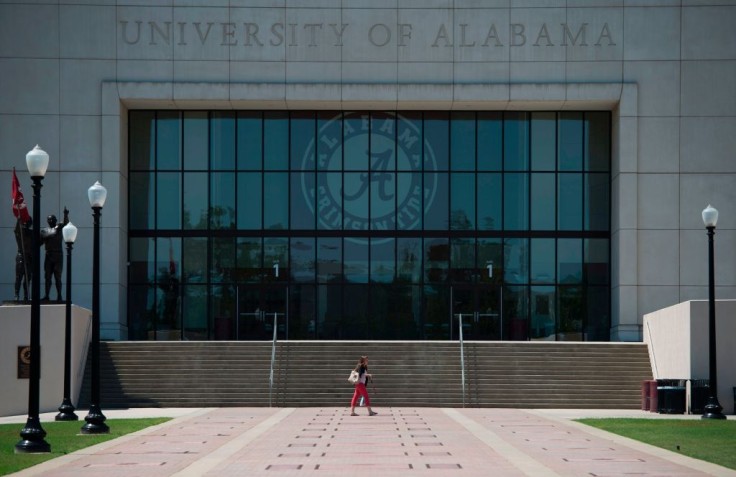University of Alabama Faces Lawsuit Over Allegedly Discriminatory Black-Only Scholarship
By
The University of Alabama (UA) is facing a civil rights complaint filed with the U.S. Department of Education's Office for Civil Rights (OCR) on April 25, 2025, over its Norton-Textra Endowed Scholarship for Minority Students in English. The Equal Protection Project (EPP), a national organization opposing race-based affirmative action, alleges that the scholarship, awarded exclusively to "full-time African-American students pursuing degrees in English in the College of Arts and Sciences," violates Title VI of the Civil Rights Act of 1964 and the Equal Protection Clause of the Fourteenth Amendment.
The EPP's complaint asserts that the scholarship's race-specific eligibility discriminates against non-African American students. "Regardless of UA's reasons for offering, promoting, and administering such a discriminatory scholarship, UA is violating Title VI by doing so," the complaint reads. The organization argues that UA's program excludes students based on race, contravening federal anti-discrimination laws. The complaint, first reported by WDHN, has sparked debate about the legality of race-based scholarships amid heightened scrutiny from the Trump administration.
The controversy comes at a time of heightened attention on UA, as President Donald Trump is set to deliver a commencement address at a ticketed event on May 1, 2025, at Coleman Coliseum, separate from the university's formal graduation ceremonies. While unrelated to the scholarship lawsuit, the announcement has amplified discussions about UA's public image and policies, with reactions ranging from excitement to dismay among students and alumni.
UA has not publicly responded to the EPP's complaint, leaving its next steps unclear. The OCR's investigation could lead to mandated changes in the scholarship's eligibility criteria or, in extreme cases, jeopardize UA's federal funding. Legal experts note that Title VI prohibits discrimination based on race, color, or national origin in programs receiving federal assistance, but courts have upheld some race-based scholarships when narrowly tailored to address historical inequities. The outcome of this complaint may hinge on whether UA can demonstrate that the Norton-Textra scholarship serves a compelling interest without unduly excluding other groups.
As the case unfolds, it underscores broader tensions over affirmative action in higher education. Critics argue that race-based scholarships perpetuate division, while supporters contend they address systemic disparities faced by underrepresented groups. With the Trump administration intensifying its oversight of university policies, UA's response to the complaint will likely have implications for similar programs across the country.
© 2025 University Herald, All rights reserved. Do not reproduce without permission.








